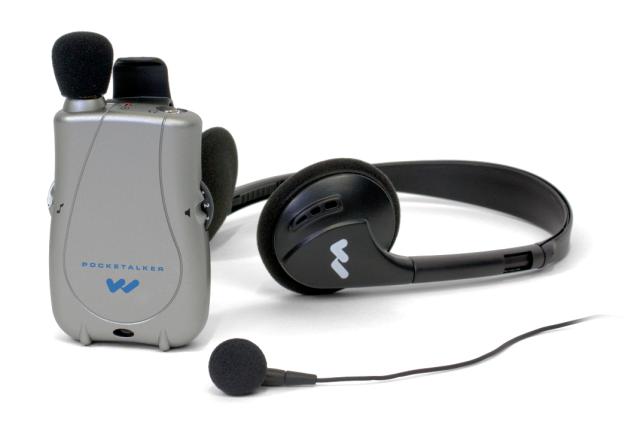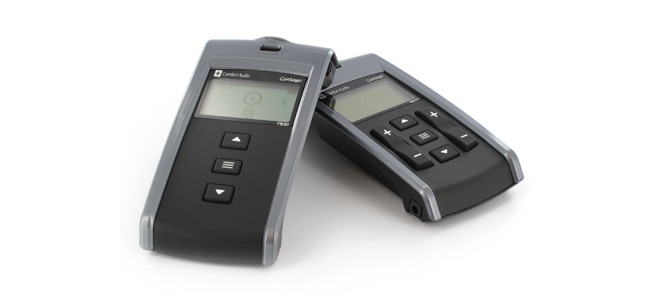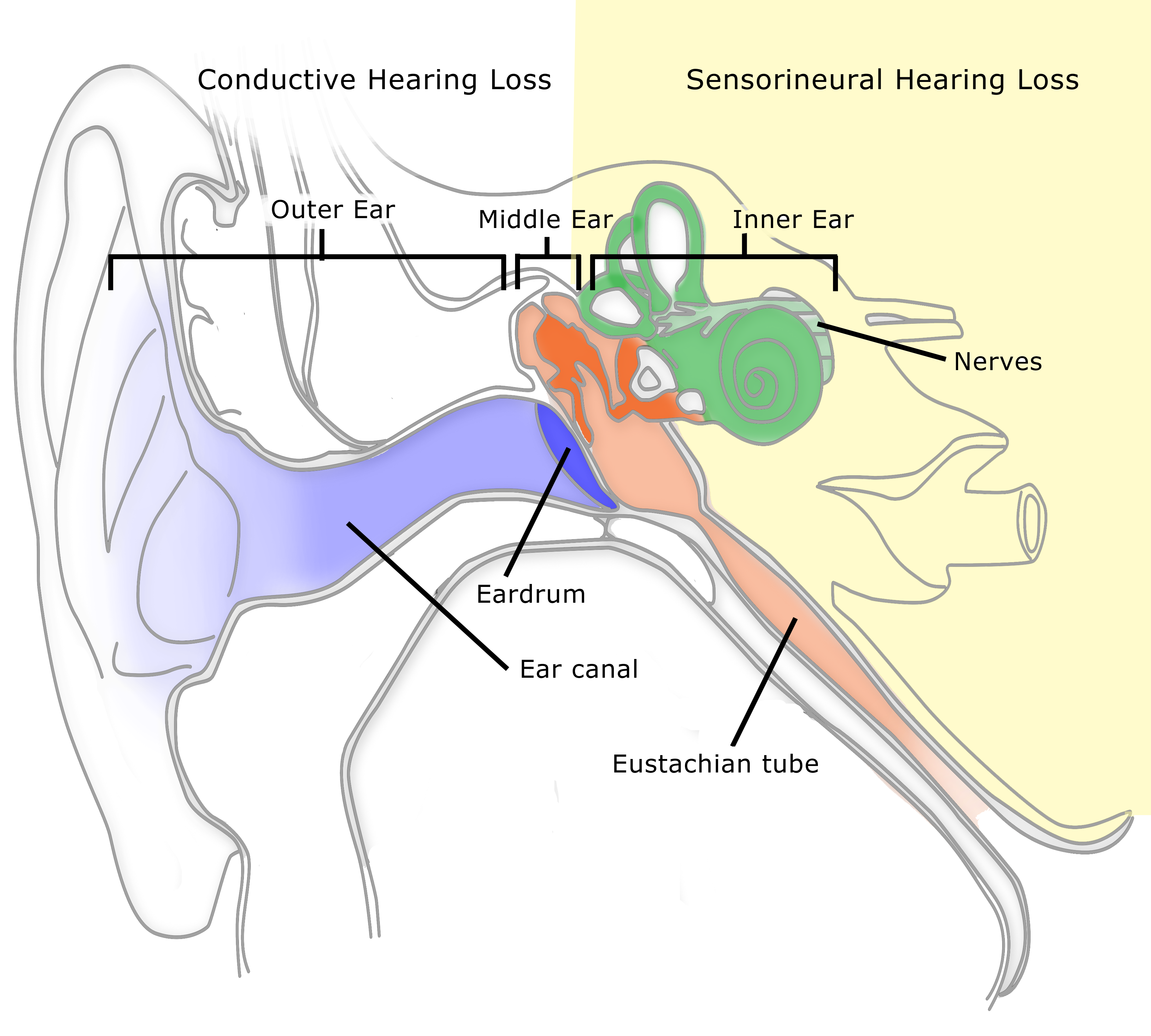Alternative Devices to Hearing Aids
What can you do for someone who has a hearing problem but isn’t ready to get a hearing aid? Today I’ll go over a few devices that might offer some help. I’ll start with a disclaimer – the National Hearing Test does not endorse and has no financial ties with device manufacturers or suppliers. I should also emphasize that these devices are not a substitute for medical and/or audiological care. If you suspect you have hearing loss, get your hearing checked!
Lots of people have hearing loss, but few wear hearing aids.
The National Institute on Deafness and Other Communication Disorders reports that 36 million American adults have some degree of hearing loss. Only 1 out of 5 persons who could benefit from a hearing aid actually wears one.
Why does this happen?
Some people simply don’t believe they have hearing loss. Others who are aware of their loss give a variety of reasons for not getting hearing aids: I’m too young to wear a hearing aid. I don’t like the way they look. They’re too expensive. And then there are folks who bought hearing aids but were not satisfied with them and gave up.
Are there alternatives to hearing aids?
Yes, there are alternatives. An audiologist can recommend and fit appropriate hearing aids for a person with a newly identified hearing loss; however, there are other devices for those who feel hearing aids are not right for them. For example, there are personal amplification devices and FM systems. FM systems can be particularly useful in difficult listening situations, such as background noise and when the desired talker is far away. These devices function similarly to hearing aids in that they provide the user with amplification; however, not all the devices available provide the same degree of power or amplification across the frequency range as hearing aids. Because of the great variety of devices and features available, be a smart shopper and carefully consider all the options if you’re thinking about getting a personal amplification or FM system.
I checked out the AudiologyOnline website for examples of hearing aid alternatives. Their “Ask the Expert” feature is a forum where audiologists can pose questions and get answers (on this topic and others) from other audiologists, as well as device manufacturers. Check out their suggestions below but keep in mind there are many other devices available.
Examples of Specific Devices
Personal Amplification Devices
A personal amplification system can be used in situations where a listener is close to the talker. For example, they can be used for small conversations or for watching television. The systems typically consist of a microphone and headset.
Harris Communications sells many brands and styles of personal amplification systems.


The Pocketalker is another popular personal amplification system.
Personal FM systems
Personal FM systems can be used in situations where the listener is far from the talker, such as in a large classroom or church. These systems consist of a microphone (worn by the talker) and a receiver (worn by the listener). These systems are great for large rooms because the sound is transmitted wirelessly to the listener.
These can be owned by the listener, or, in many cases, an organization (such as a church or university) will already own these devices and be able to let you use them in those situations. It is useful to ask about these services at your school, church, or any similar setting. If they don’t have a FM system, they may be willing to purchase one.
Harris Communications has many brands of personal FM systems available.
Comfort Audio has many products, including the HearYou and the Comfort Contego, that can filter out background noise and provide amplification in noisy places. To see the HearYou Hearing Set in action, click here. To see a presentation on the Comfort Contego, click here.

Telephone Amplification
If you have difficulty hearing on the telephone, consider getting a phone with an adjustable volume control. Many companies, including Comfort Audio, Harris Communications, and Clarity, make such telephones.
Let me close with a reminder: these devices are not a substitute for professional care. If you think you could have a hearing loss, please get your hearing checked!
References
Audiology Online: Ask the Experts
Audiology Online: About Us
Comfort Audio
National Institute on Deafness and Other Communication Disorders (NIDCD)


















Leave a Reply